A “groundbreaking” project could keep HMP Grampian prisoners out of trouble by turning them into entrepreneurs in charge of their own micro-businesses.
The scheme, the first of its kind to take place, has been carried out to reduce reconviction rates.
It has been centred on female prisoners at the Peterhead facility.
The sessions are designed to equip them with skills which can help them establish their own business upon release.
Training to turn HMP Grampian prisoners into entrepreneurs comes as reoffending rates rise
In Scotland, the criminal reconviction rate rose in 2018-19 for the first time in a decade.
It went from 26.4% to 28.3%, setting alarm bells ringing among prison chiefs.
The Scottish Prison Service estimates it costs about £40,000 to look after a single prisoner for a year.
And people are more likely to reoffend if they are unemployed.
This pilot scheme was carried out in conjunction with Edinburgh’s Heriot-Watt University.
The three-day course covered essential business skills, such as marketing, taxation, how to sell services and information on where to find support locally.
Attendees were chosen to attend the pilot based on their upcoming release date.
And the business ideas proposed included a food and drink company, house painting and pet care.
Why equip inmates with skills to start businesses?
Jahangir Wasim, head of business management at Heriot-Watt, described the benefits of the project.
He explained that, after leaving prison, people can “face numerous barriers to employment”.
The academic added: “The stigma of a criminal conviction means many opportunities, regardless of their ability, experience and even qualifications, are closed.
“We know that this can cause challenges to an individual’s sense of personal value, belonging and the role they play within their community – all of which can contribute to the likelihood that they may offend again.”
Academics ‘impressed with passion’ on display
As well as practical skills, Mr Wasim hopes the scheme will provide inmates “with hope and a renewed passion for how their life could look when they are released”.
Anecdotal evidence suggests that some people “reoffend quickly” as they “don’t know how to manage in the community”.
Mr Wasim said: “We were impressed by the passion and dedication shown by the attendees throughout the pilot.
“You could really see them planning their futures out.”
Confidence boost for HMP Grampian entrepreneurs
Graeme Young, outreach coordinator for HMP Grampian, said he noticed a difference in the women’s confidence as the course progressed.
He said: “Sometimes the talent of people can go to waste, because they don’t know how to turn it into a positive.
“However, with this course, they were shown how to take their ideas forward.”
Do you think this idea could help lower re-offending rates? Let us know in our comments section below
Funding is now being sought to extend the programme to help more of the 7,400 people in Scottish prisons.
Gillian Murray, deputy principal (Enterprise and Business) at Heriot-Watt hailed the “groundbreaking” pilot as a way of creating “long-lasting societal change”.

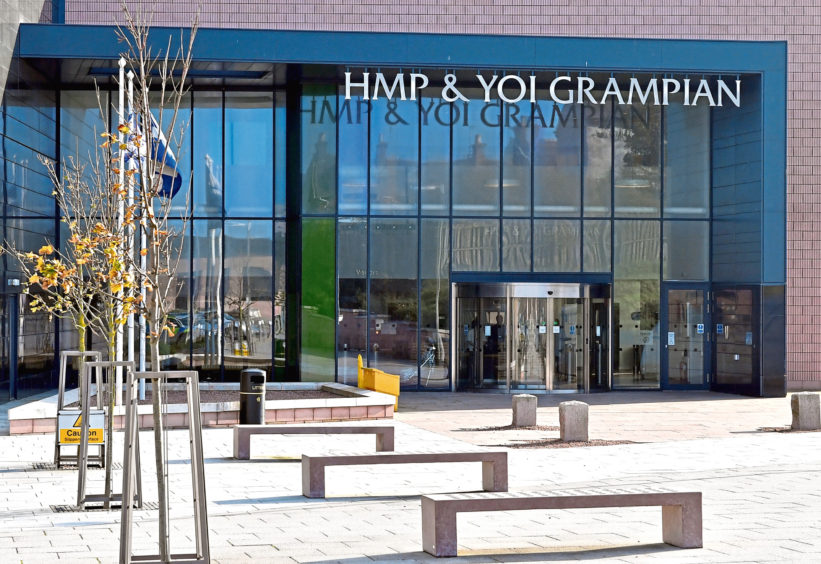
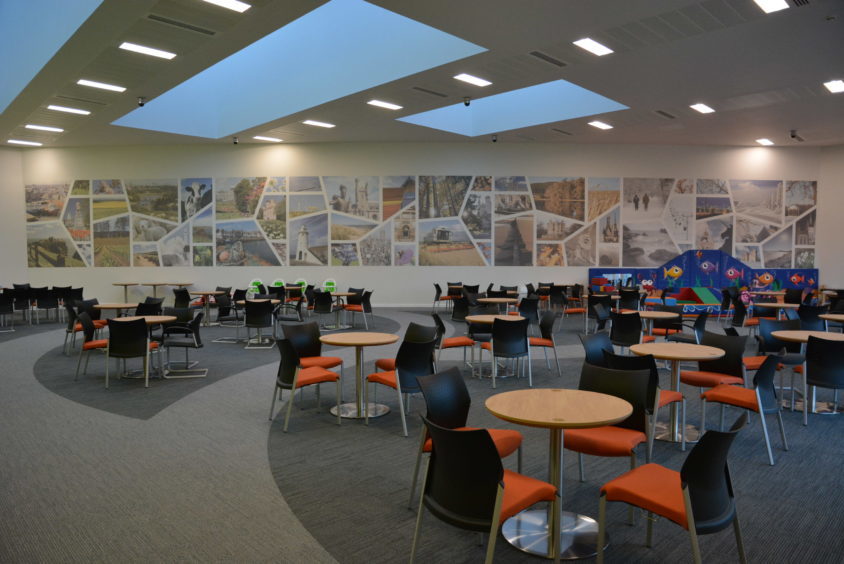
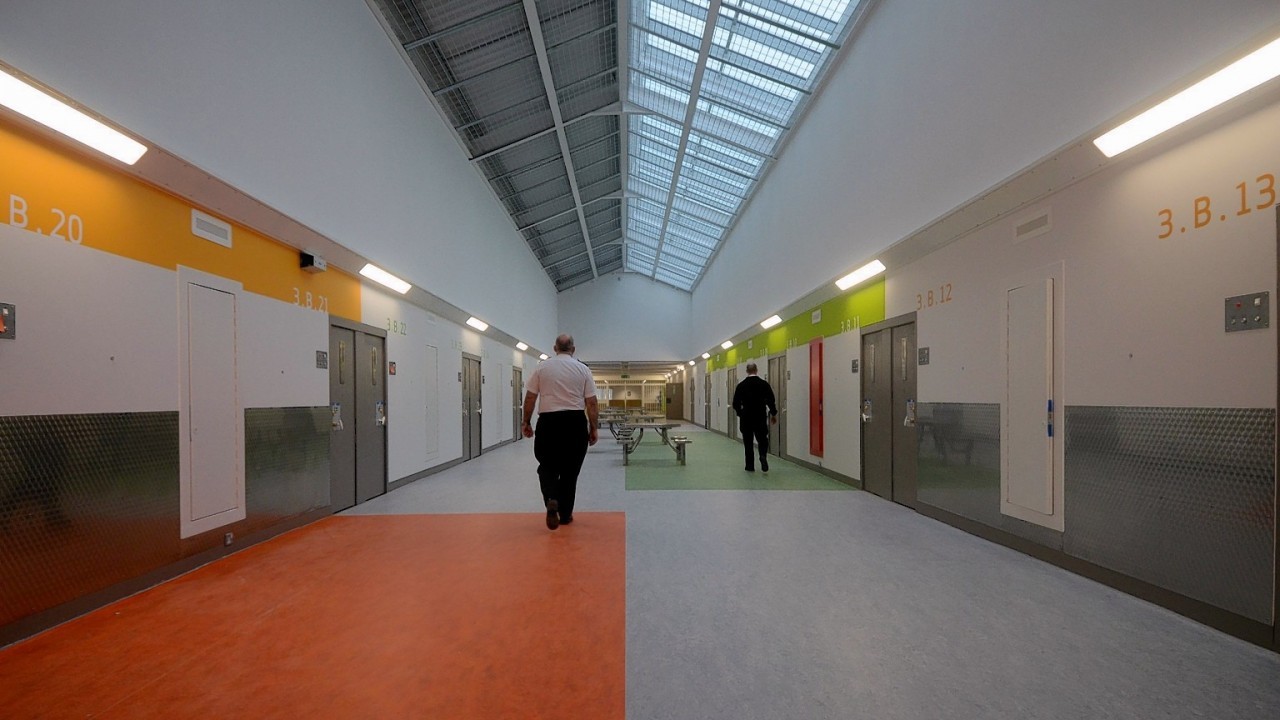
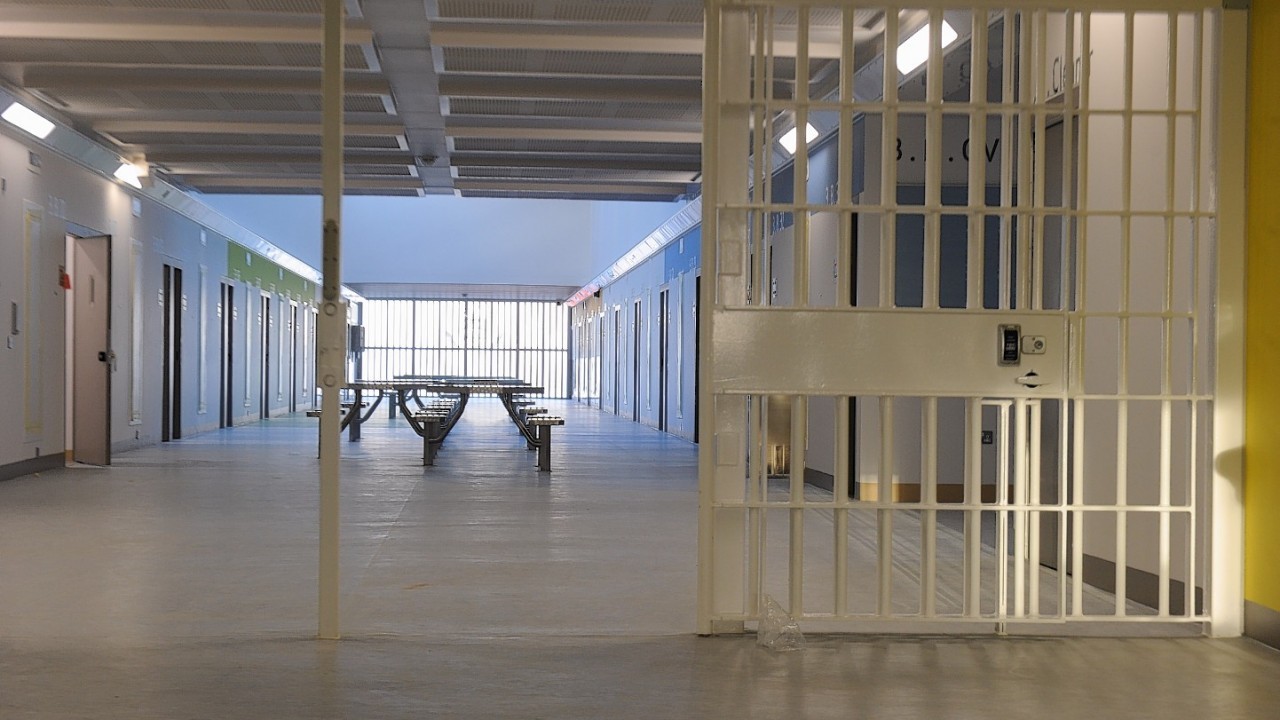
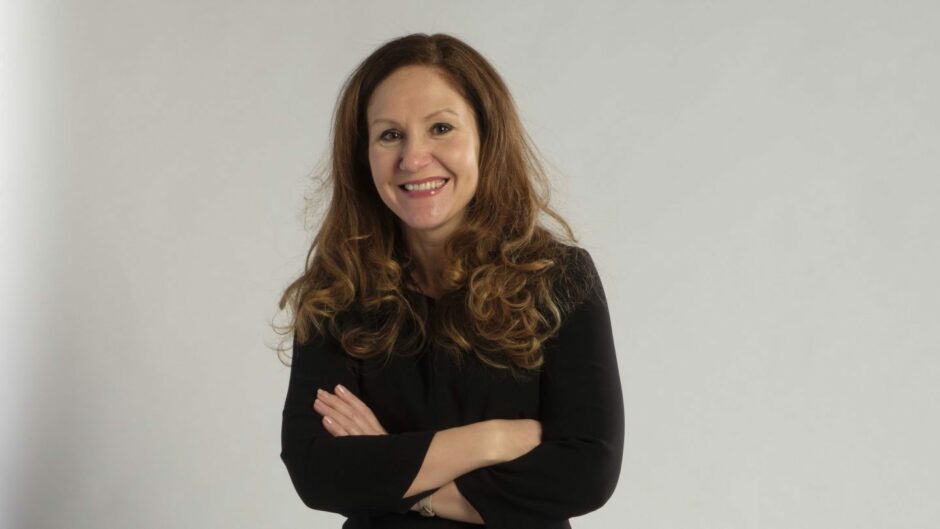
Conversation